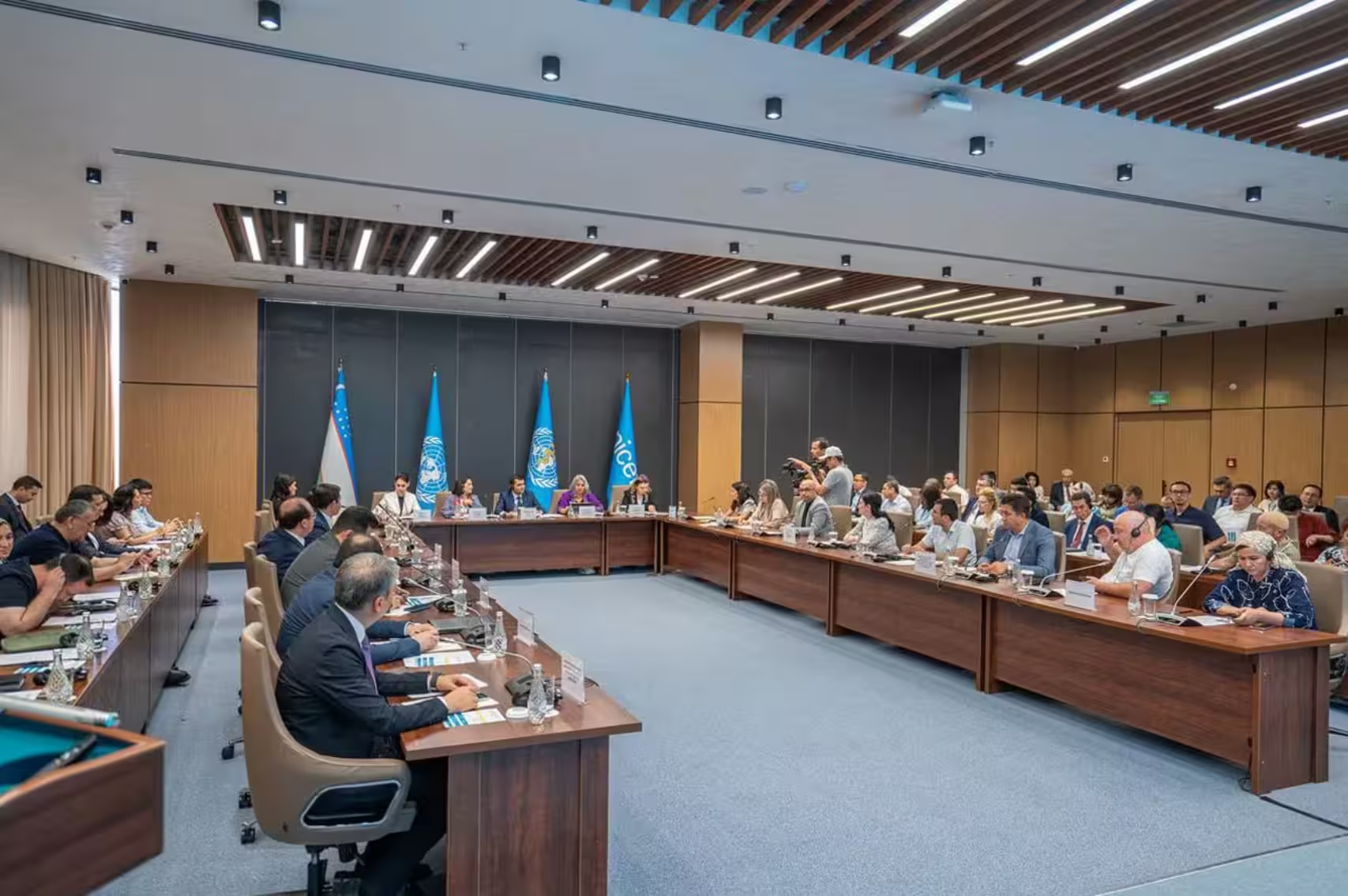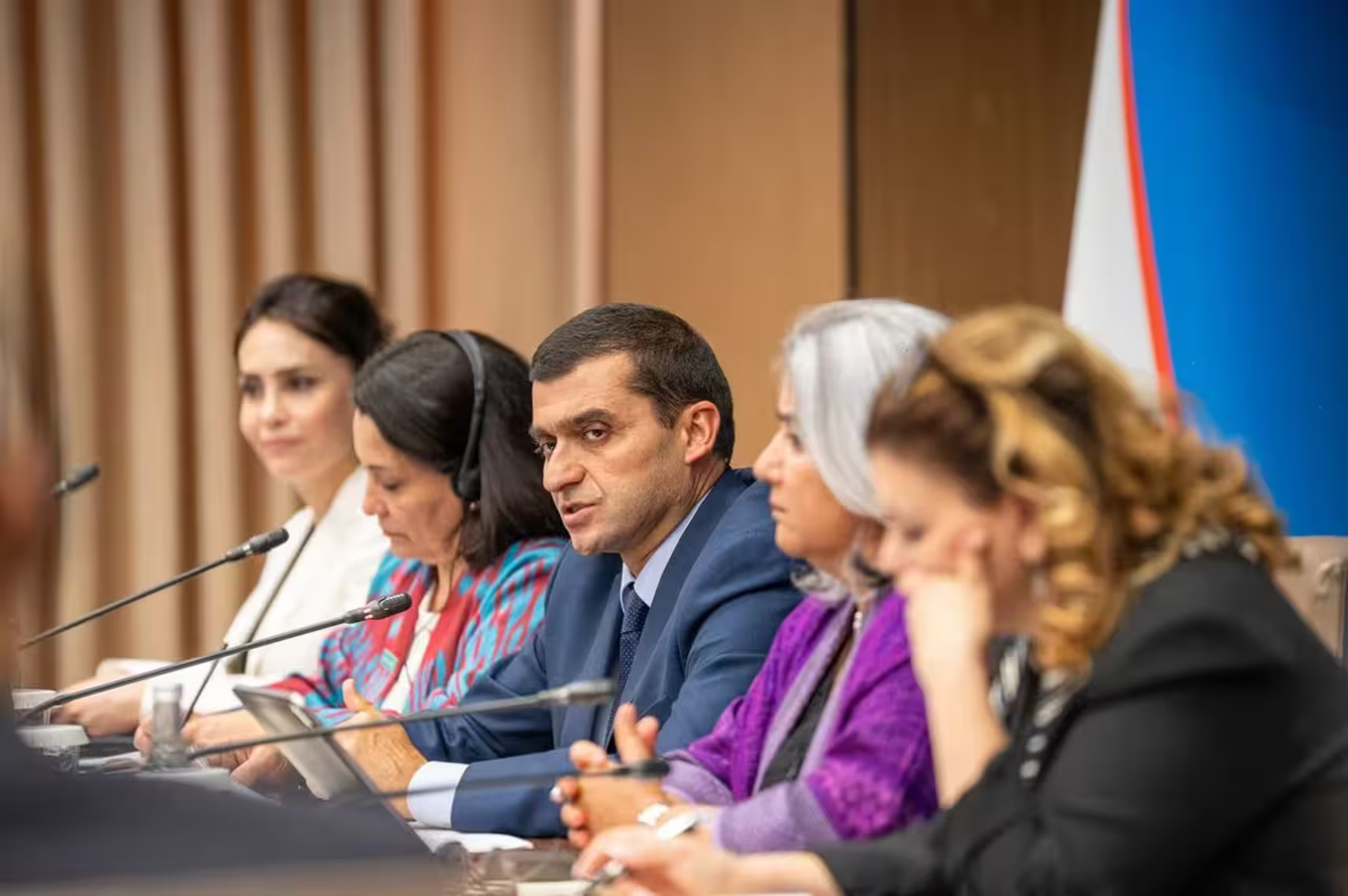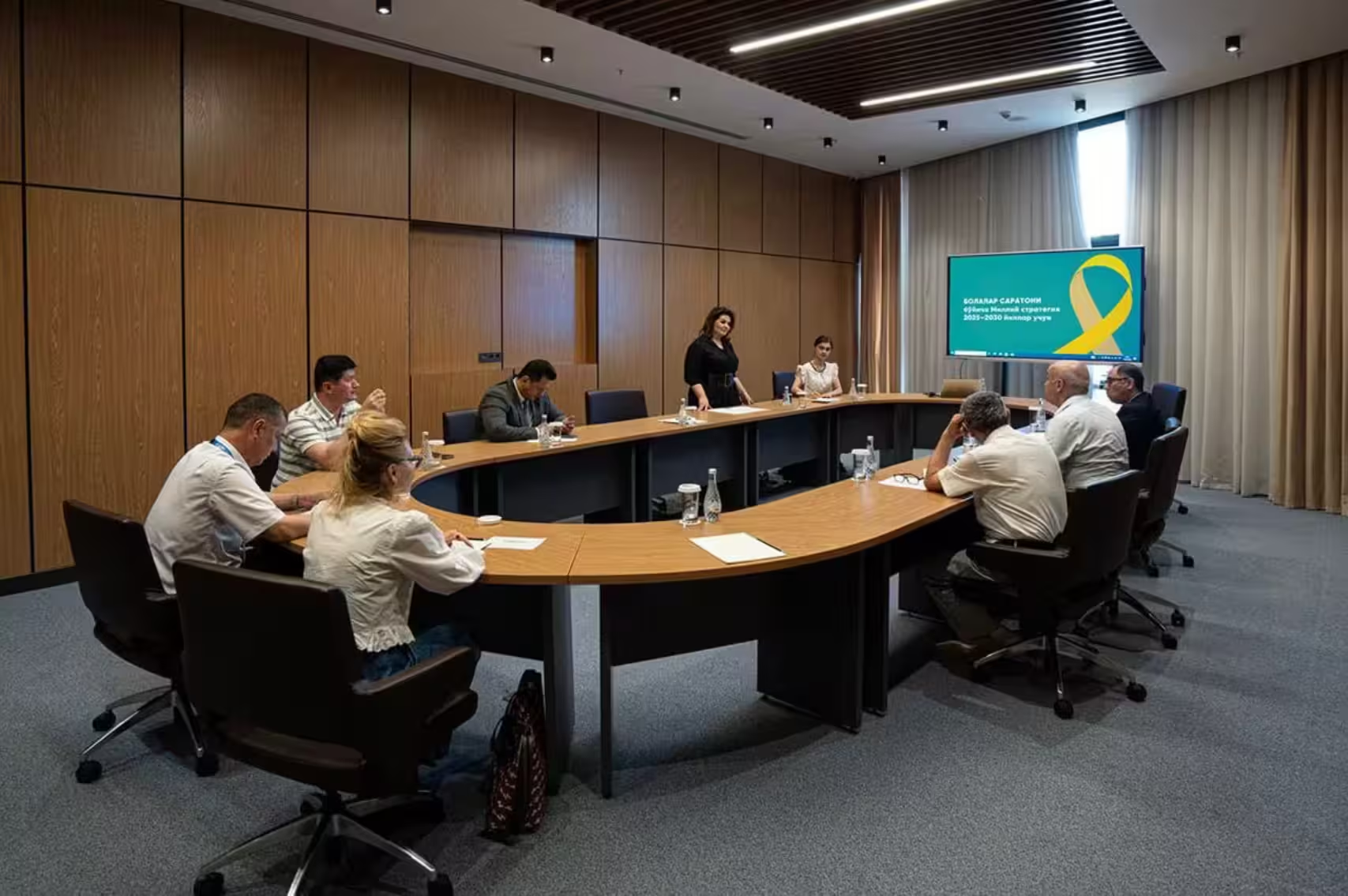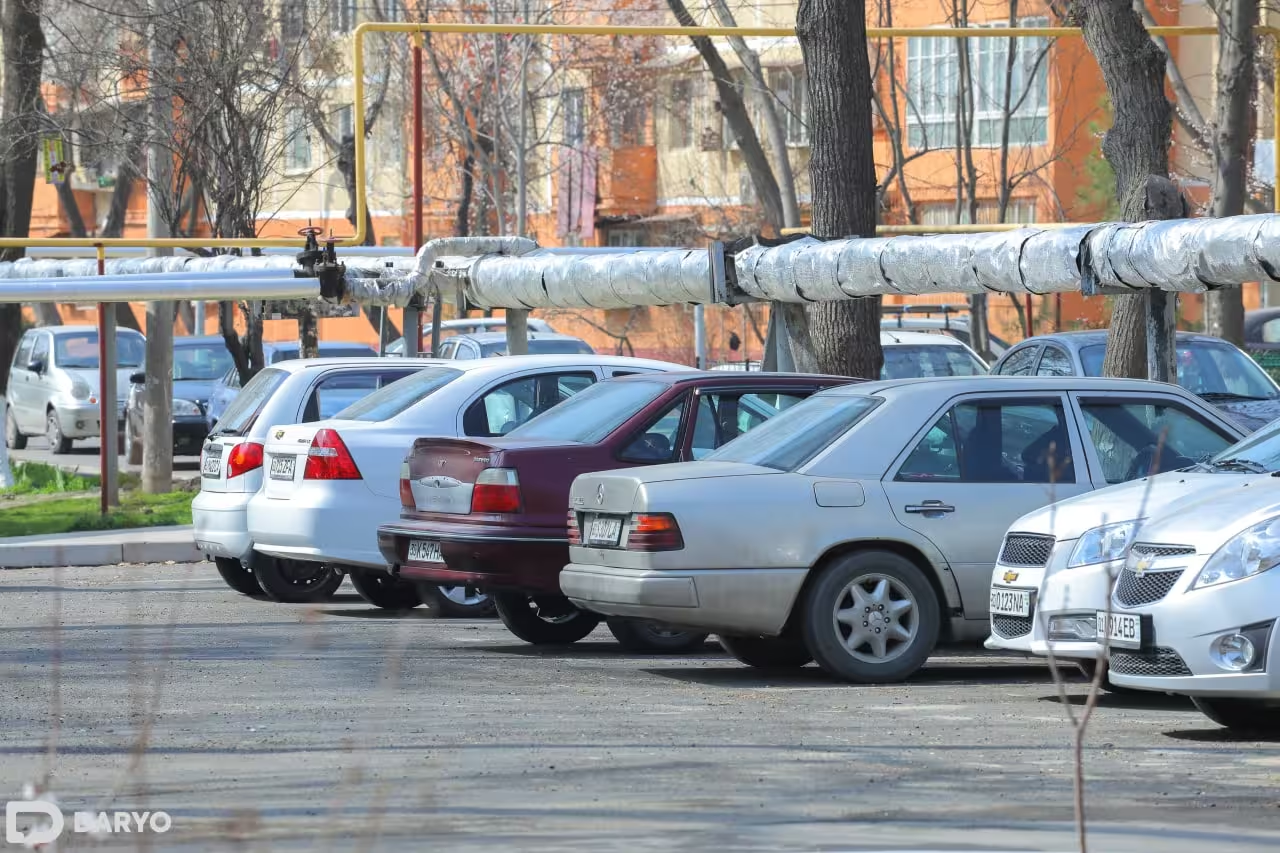Uzbekistan has adopted a National Strategy for Combating Childhood Cancer for 2025–2030, marking a pivotal advancement in the country’s efforts to improve pediatric cancer care.

The strategy, developed within the framework of the Uzbekistan-2030 program, the World Health Organization’s (WHO) Global Initiative for Childhood Cancer (GICC), and the UN Sustainable Development Goals, reflects a strong commitment to improving survival rates and reducing childhood cancer mortality nationwide.
The initiative is backed by WHO, UNICEF, the Vienna International Medical University, and several other international organizations. It introduces a holistic, multidisciplinary approach to diagnosing, treating, and supporting children with cancer—emphasizing early detection, advanced infrastructure, skilled personnel, and family-centered care.
“Childhood cancer is no longer a problem that families struggle with alone, it has become a national priority,” said Asilbek Khudayarov, Uzbekistan’s Minister of Health. “This strategy aligns with our goal to raise survival rates to at least 60% and reduce mortality by 2.5 times by 2030, adopting global best practices.”

On May 15, representatives from national ministries, international agencies—including the UN Resident Coordinator’s Office, WHO, UNICEF, UNDP, UNFPA, FAO, and UNOPS—as well as parents’ associations and civil society groups, gathered to discuss the implementation of the strategy. Key issues addressed included enhancing early diagnosis, training medical professionals, digitizing oncology services, and ensuring psychosocial support for families.
Dr. Asheena Khalakdina, Head of the WHO Representative Office in Uzbekistan, highlighted the strategic importance:
“This document outlines clear goals and resources to save children’s lives. It will expand access to quality cancer care based on reliable, local data.”

Uzbekistan’s commitment to pediatric oncology has grown in recent years. By joining the WHO Global Initiative and the Global Platform for Providing Medicines to Children with Cancer, the country now ensures access to free and effective medications for children at 16 medical facilities nationwide.
“This multidisciplinary strategy not only helps save lives but also eases the long-term economic burden on families and the healthcare system,” Regina Maria Castillo, UNICEF Representative in Uzbekistan, added.
As implementation begins, WHO and UNICEF will continue supporting Uzbekistan’s efforts—strengthening governance, data systems, and partnerships to ensure that the national strategy delivers tangible results for every child facing cancer.




